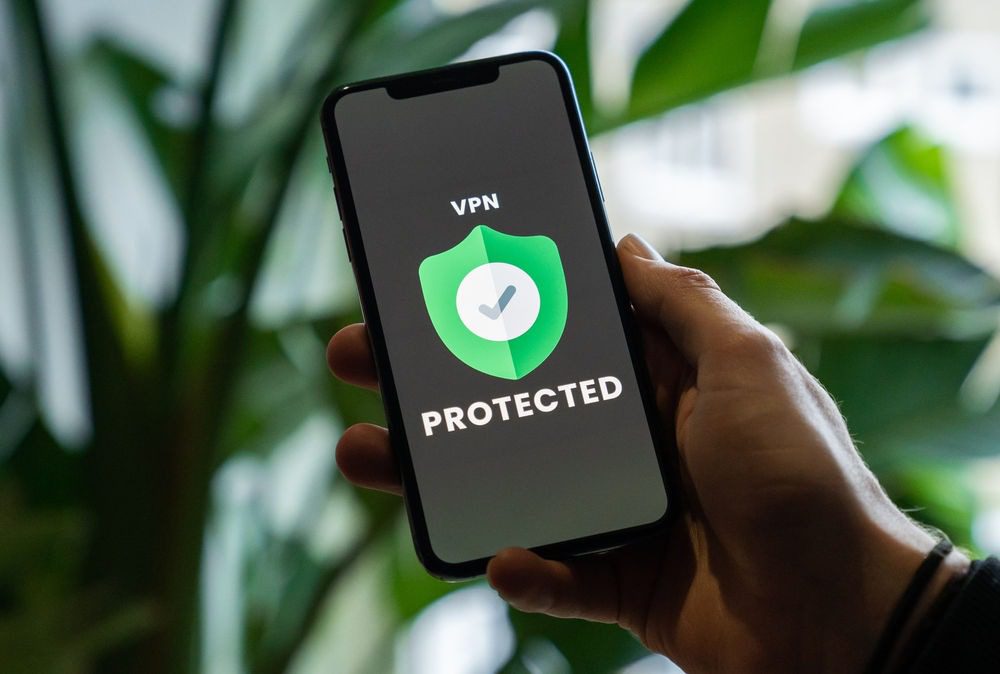In this internet age where one cyberattack happens every 39 seconds, how many people use VPNs in 2024?
Almost every piece of information is migrated to the internet. It is fast, easily accessible, and relatively cheap.
However, this does not come without a compromise–hackers are always trying out new ways to illegally get into our personal information.
Without a shield like Virtual Private Networks or VPNs that disguise our Internet Protocol (IP) addresses, these lurkers can easily track our activities and reach their end goal at any time.
Let’s get to know more about this life-saving technology in this article.
Post Contents
How Many People Use VPNs in 2024?
How many people use VPNs in 2024? Believe it or not, a Virtual Private Network is a new service that became popular only in the last two decades.
Studies show that roughly 90% of all VPN service providers we have today sprouted after 2005.
This is at a time when computer security incidents have started causing significant monetary loss for businesses while law enforcement to counter such attacks remained a laggard.
During that year, the business sector alone lost $800 million from cybercrimes.
We are lucky to have come to an age where VPNs are consumer-ready and therefore have become widely adopted.
Today, 30% of internet users make use of a VPN service when browsing the internet.
More About VPN Usage

There are a number of motives why people use VPNs. One of the common reasons is to protect one’s privacy on public WiFi.
This technology encrypts activities to make browsing history uncomprehensible, thus preventing your internet service provider from having access to your browsing history.
VPN usage is higher in countries practicing strict internet censorship versus those that don’t.
In a country like Indonesia which is keen on online censorship, one in five citizens regularly uses a VPN service provider to access sites.
In fact, it was hailed as among the top countries with the highest VPN penetration vis a vis its total number of internet users in 2018, coming at a staggering 39%.
During the same year, nations that have lenient censorship rules like Germany have only 5% of their total internet population using this method.
Common Reasons Why People Use VPN
It is clear that using a VPN helps in keeping one’s private information private. Take a look at this data from Statista detailing users’ motivation for using this technology.
- 54% of all internet users utilizing a desktop computer when using a VPN say they use the service to protect their privacy when using public WiFi. Consequently, some 57% of VPN users that are on mobile devices share the same sentiment
- 44% of all VPN users use it for anonymous browsing and untraceable browsing history
- 37% leverage it to ensure safe and secure communication
- 23% are for using it as a tool to access restricted sites which commonly display NSFW content
- Since many online pages are banned at workplaces, 22% of people download VPNs to access these restricted sites when at work
- 22% use VPN to access entertainment apps and sites, particularly those that did not yet launch in one’s home country. VPN hides a user’s location, therefore, removing geographic restrictions otherwise found on these pages
- Everyone likes fast internet and installing a VPN is a good way to get that. 21% of VPN fans use it to eliminate bandwidth throttling
- 21% of users say they do it to hide their online activities from the government. Engaging with explicit websites such as those displaying pornographic content is punishable by law in some countries
- With the rise of e-commerce, 28% now use VPN to get discounts for their online purchases
- 14% use VPN to access Tor a.k.a the gateway to the dark web
VPN Penetration by Region of the World
Virtual Private Network usage varies from one region to another.
Asia and the Pacific region, known for their observance of stricter censorship rules, shows the highest percentage of VPN penetration in 2018.
- Asia and the Pacific region – 30% of all internet users regularly use or have used a VPN service provider at one point
- Latin America – 23% of all internet users regularly use or have used a VPN service provider at one point
- Middle East – the region is in strict observance of the Shariah and 19% of all internet users regularly use or have used a VPN service provider at one point. In the first half of 2022, the top two countries with the highest VPN adoption index come from the Middle East
- North America – 17% of all internet users regularly use or have used a VPN service provider at one point
- Europe – 17% of all internet users regularly use or have used a VPN service provider at one point
Report on VPN Adoption Index 2022

Credits: unsplash.com
This VPN Adoption Index report details how many of the country’s total population downloaded a VPN service provider during the first half of 2022.
- United Arab Emirates – 2.5 million out of the country’s total population of 9.89 million downloaded VPN, representing an adoption rate of 25.72%
- Qatar – 692,000 out of the country’s total population of 2.88 million downloaded VPN, representing an adoption rate of 24.03%
- Russia – close to 35 million out of the country’s total population of 145 million downloaded VPN, representing an adoption rate of 23.94%
- Singapore – 1.2 million out of the country’s total population of 5.85 million downloaded VPN, representing an adoption rate of 20.32%
- Oman – 943,000 out of the country’s total population of 5.11 million downloaded VPN, representing an adoption rate of 18.45%
- Saudi Arabia – 5.2 million out of the country’s total population of 34.81 million downloaded VPN, representing an adoption rate of 15.15%
- Kuwait – 515,000 out of the country’s total population of 4.27 million downloaded VPN, representing an adoption rate of 12.08%
- Luxembourg – 68,000 out of the country’s total population of 626,000 downloaded VPN, representing an adoption rate of 10.95%
- The Netherlands – 1.8 million out of the country’s total population of 17.13 million downloaded VPN, representing an adoption rate of 10.81%
- Ukraine – 4.2 million out of the country’s total population of 43.73 million downloaded VPN, representing an adoption rate of 9.62%
Conclusion
VPN usage is growing fast and steadily as more internet users want to feel more in control of what they can and cannot do online.
Due to this, the global VPN market is expected to hit a total value of 44.60 billion this year, given that many people are willing to pay loads of cash just to have unrestricted access to any sites they want.
VPN is a disruptive technology that changed the way we use of the internet.
Aside from moving around with relative ease and freedom, we are confident that hackers and lurkers alike could never catch our drift.
Thanks for reading this article on how many people use VPNs in 2024.






























